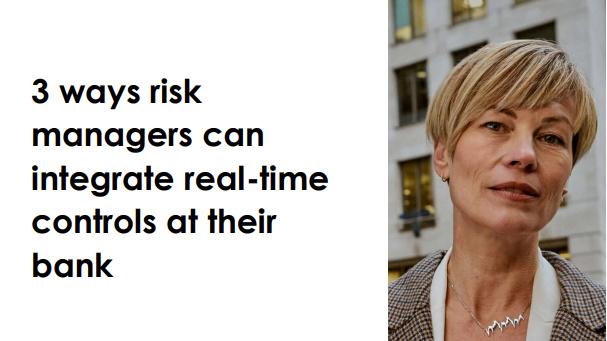ASA moves into social network sphere
The ASA is finally handed powers to make judgments over company claims on social networks and other websites.


The Advertising Standards Authority (ASA) online remit has been extended so it can rule on company claims made over social networks and corporate websites.
The new powers were granted to the ASA back in September, but it has taken until now for the rules to come into force.
The change means sites such as Facebook and Twitter will be monitored to ensure company claims are not misleading.
The ASA will also be able to remove paid-for search advertising if it is deemed to be non-compliant with regulations.
Furthermore, the ASA will be allowed to place its own paid-for search ads online to highlight an advertiser's continued non-compliance.
Historically, the body could only adjudicate on ads in paid-for spaces and sales promotions wherever they were online.
"The extension to the ASA's remit was in response to a recommendation from the UK ad industry, which has a long history of being committed to ensuring ads across media are legal, decent, honest and truthful," the ASA said in a statement.
Get the ITPro daily newsletter
Sign up today and you will receive a free copy of our Future Focus 2025 report - the leading guidance on AI, cybersecurity and other IT challenges as per 700+ senior executives
"By extending the ASA's remit, industry has responded to consumers' demands."
There have been calls to ensure businesses are made aware of the new rules so they don't get caught out.
"The ASA's extended digital remit will affect everyone operating online and on mobile. It is therefore important that there is widespread awareness about the changes," said Internet Advertising Bureau director of regulatory affairs Nick Stringer.
Tom Brewster is currently an associate editor at Forbes and an award-winning journalist who covers cyber security, surveillance, and privacy. Starting his career at ITPro as a staff writer and working up to a senior staff writer role, Tom has been covering the tech industry for more than ten years and is considered one of the leading journalists in his specialism.
He is a proud alum of the University of Sheffield where he secured an undergraduate degree in English Literature before undertaking a certification from General Assembly in web development.
-
 CISA issues warning in wake of Oracle cloud credentials leak
CISA issues warning in wake of Oracle cloud credentials leakNews The security agency has published guidance for enterprises at risk
By Ross Kelly
-
 Reports: White House mulling DeepSeek ban amid investigation
Reports: White House mulling DeepSeek ban amid investigationNews Nvidia is caught up in US-China AI battle, but Huang still visits DeepSeek in Beijing
By Nicole Kobie
-
 How to use LinkedIn to market yourself as an IT professional
How to use LinkedIn to market yourself as an IT professionalwhitepaper Whether you’re updating your LinkedIn profile or creating one for the first time, it’s critical to remain consistent and credible if you hope to raise your profile within the IT industry
By ITPro
-
 FTC announces probe into big name AI investments
FTC announces probe into big name AI investmentsThe inquiry will examine the relationship between major cloud providers and AI companies, including Microsoft and OpenAI
By George Fitzmaurice
-
 Who owns the data used to train AI?
Who owns the data used to train AI?Analysis Elon Musk says he owns it – but Twitter’s terms and conditions suggest otherwise
By James O'Malley
-
 Three ways risk managers can integrate real-time controls to futurize operations at the bank
Three ways risk managers can integrate real-time controls to futurize operations at the bankWhitepaper Defining success in your risk management and regulatory compliance
By ITPro
-
 Why are AI innovators pushing so hard for regulation?
Why are AI innovators pushing so hard for regulation?Opinion Tech giants are scrambling to curry favor with lawmakers amid a pending regulatory crackdown
By Ross Kelly
-
 Sundar Pichai: AI keeps me up at night
Sundar Pichai: AI keeps me up at nightNews The Google chief warned that recent AI developments will have a profound impact on society
By Ross Kelly
-
 ChatGPT needs ‘right to be forgotten’ tools to survive, Italian regulators demand
ChatGPT needs ‘right to be forgotten’ tools to survive, Italian regulators demandNews ChatGPT users in Italy could be granted tools to have false information changed under new rules
By Ross Kelly
-
 US starts exploring “accountability measures” to keep AI companies in check
US starts exploring “accountability measures” to keep AI companies in checkNews The move follows Italy’s recent ban on ChatGPT due to data privacy concerns
By Ross Kelly